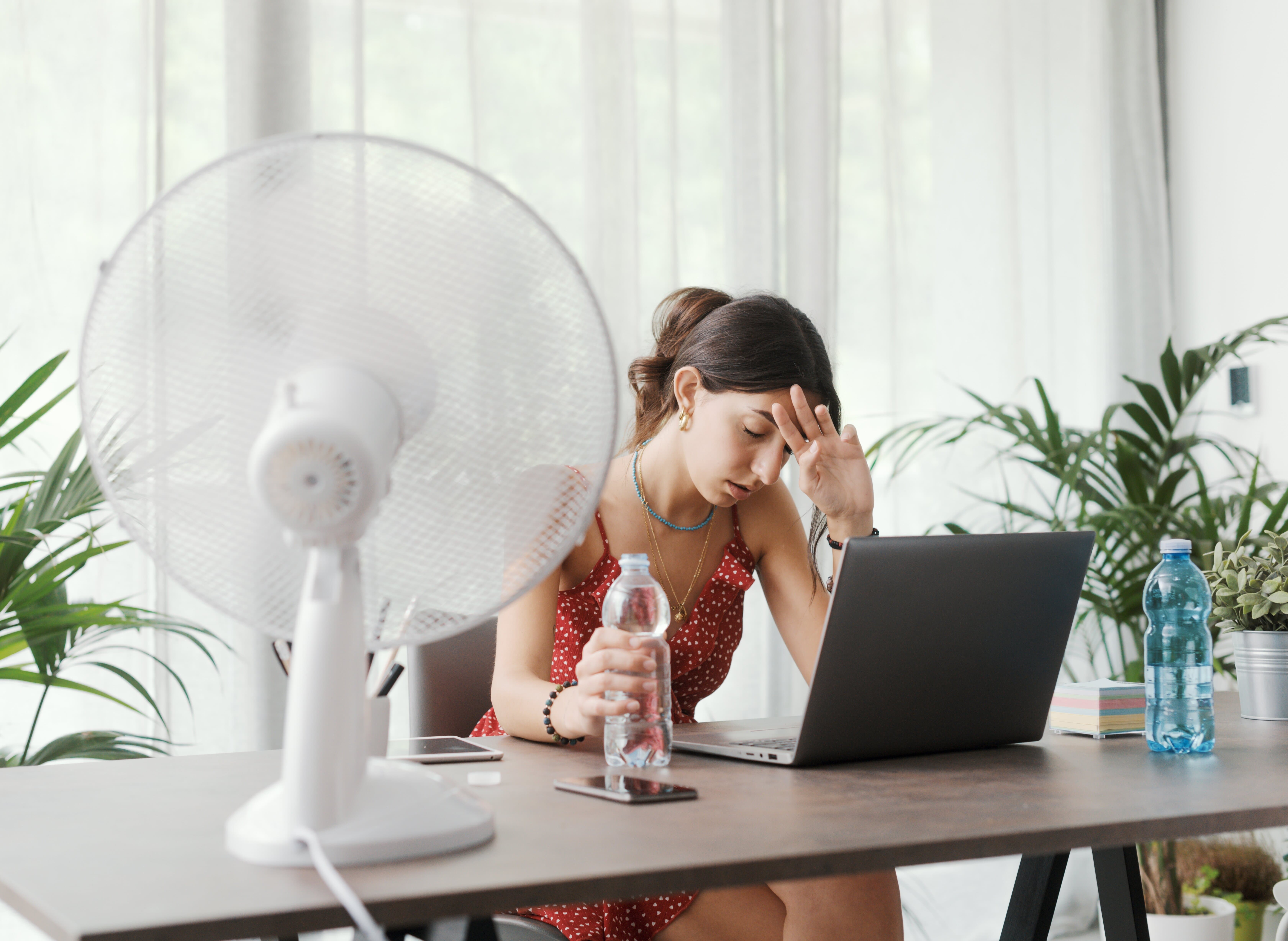
In extreme heat, everyone—young and old—is at risk of heatstroke, especially when working without proper rest or protection. As global temperatures rise, heatwaves become more intense each year. In Myanmar, where hot weather is already common, it’s now more important than ever to understand how to protect yourself. Believing in myths about heat can increase your health risks. Below are some common myths about heatstroke and the facts you should know to avoid it.

Myth: Drinking hot water helps relieve heatstroke.
Fact: Some believe that drinking hot water helps in hot weather, but this isn’t true. Warm drinks may cause you to sweat, which feels temporarily relieving, but they don't cool your body. In fact, they make your body work harder to reduce heat, leading to more exhaustion. Instead of hot water or coffee, drink cool water regularly to stay properly hydrated.
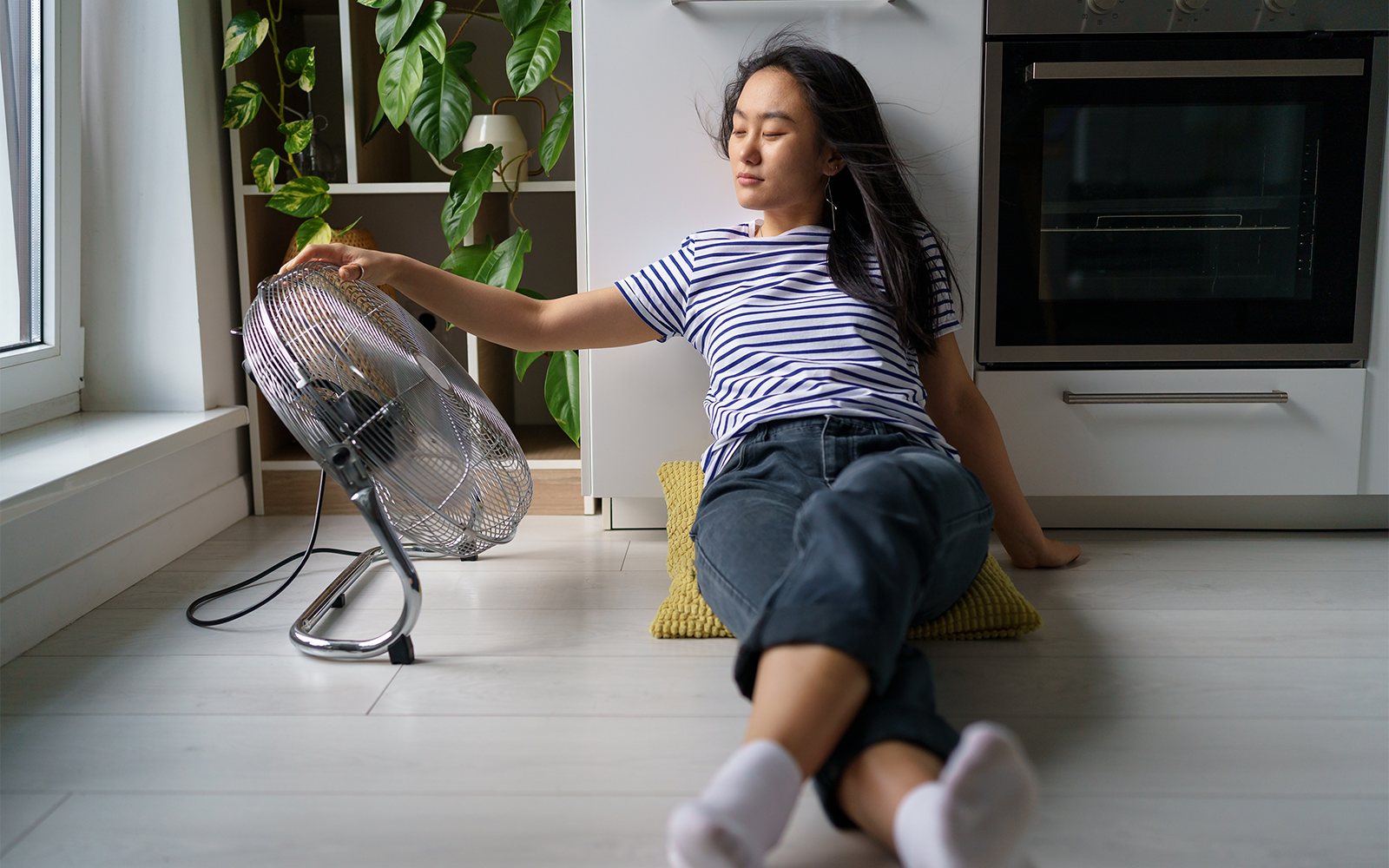
Myth: Staying indoors means you’re safe from the heat.
Fact: Many assume staying indoors protects you from heatstroke, but poorly ventilated spaces can trap heat, making it just as dangerous as being outside. UV rays can also enter through windows. To keep your home cool, open windows for airflow, and use damp curtains to block the heat.
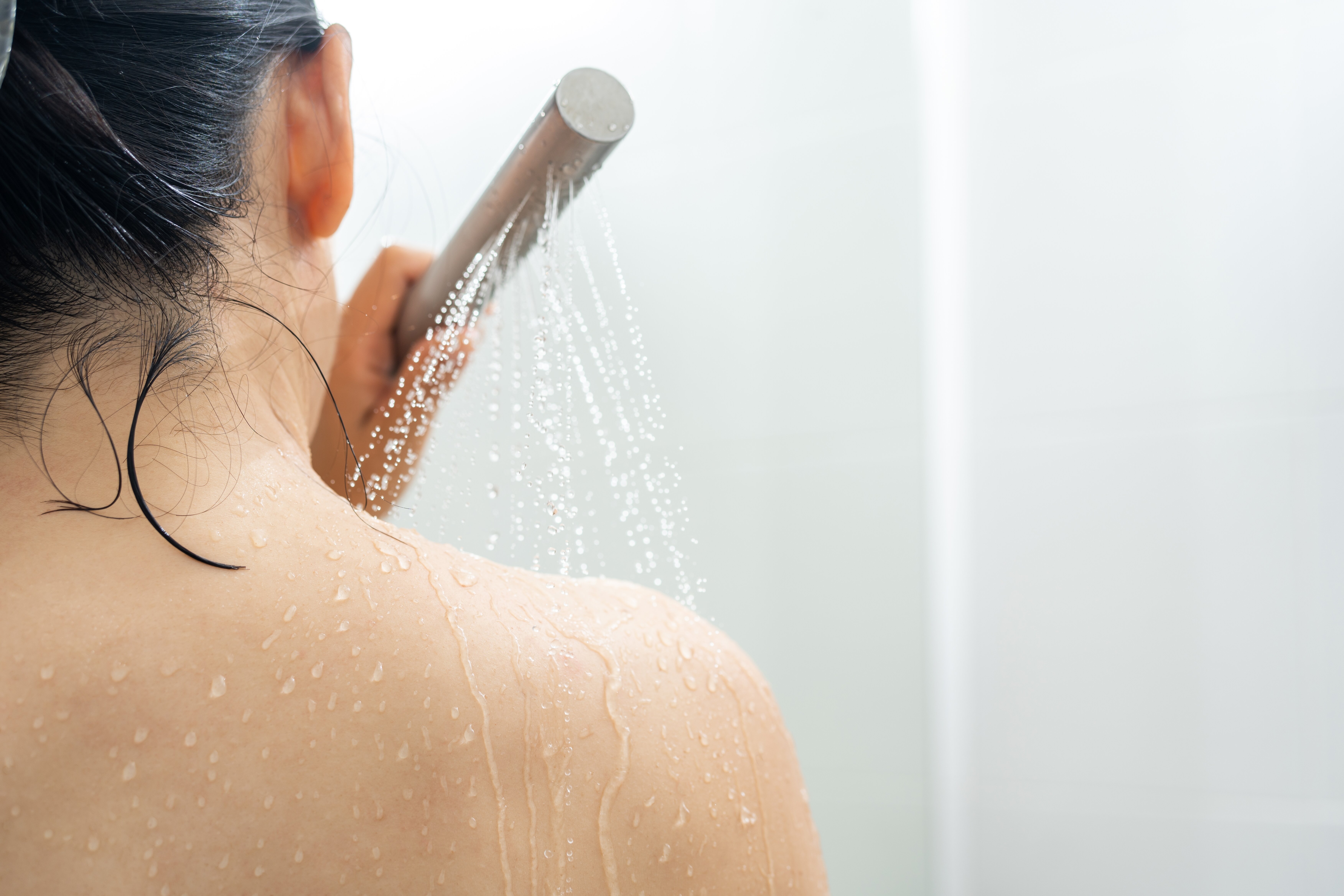
Myth: You shouldn't shower with cold water after being in the heat.
Fact: Some believe cold showers after being outside in the heat can cause heatstroke, but this is a myth. Bathing immediately after coming in from the sun can shock your body, but cold showers actually help cool you down after resting and hydrating for a while. Taking two cool showers a day during extreme heat can help reduce your risk of heatstroke.
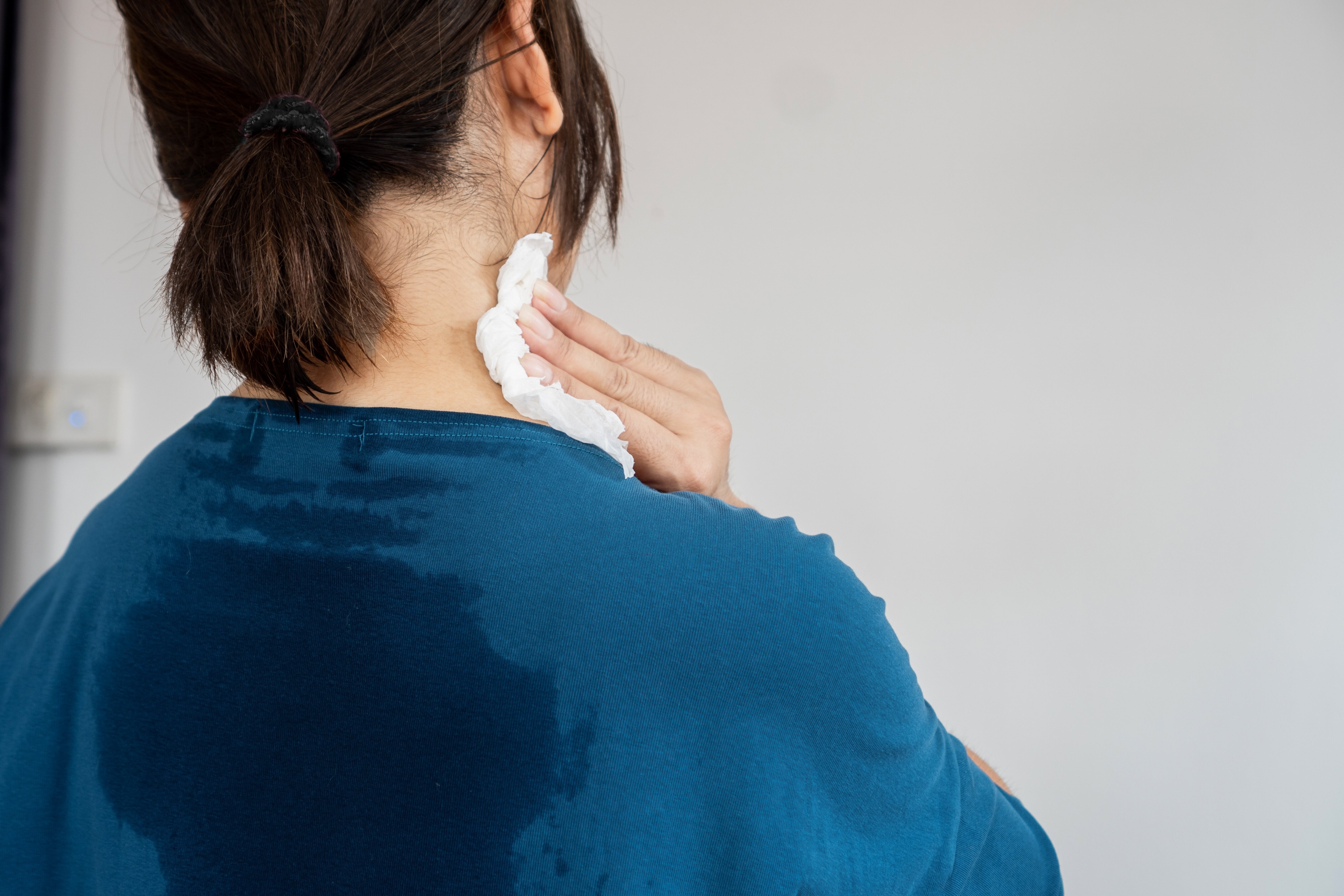
Myth: Sweating prevents heatstroke.
Fact: Sweating alone doesn’t prevent heatstroke. Excessive sweating can actually lead to dehydration, increasing your risk. If you sweat a lot, drink plenty of water and electrolytes. Even if you're sweating, heatstroke can still happen, so always stay hydrated and avoid heavy physical activity in extreme heat.
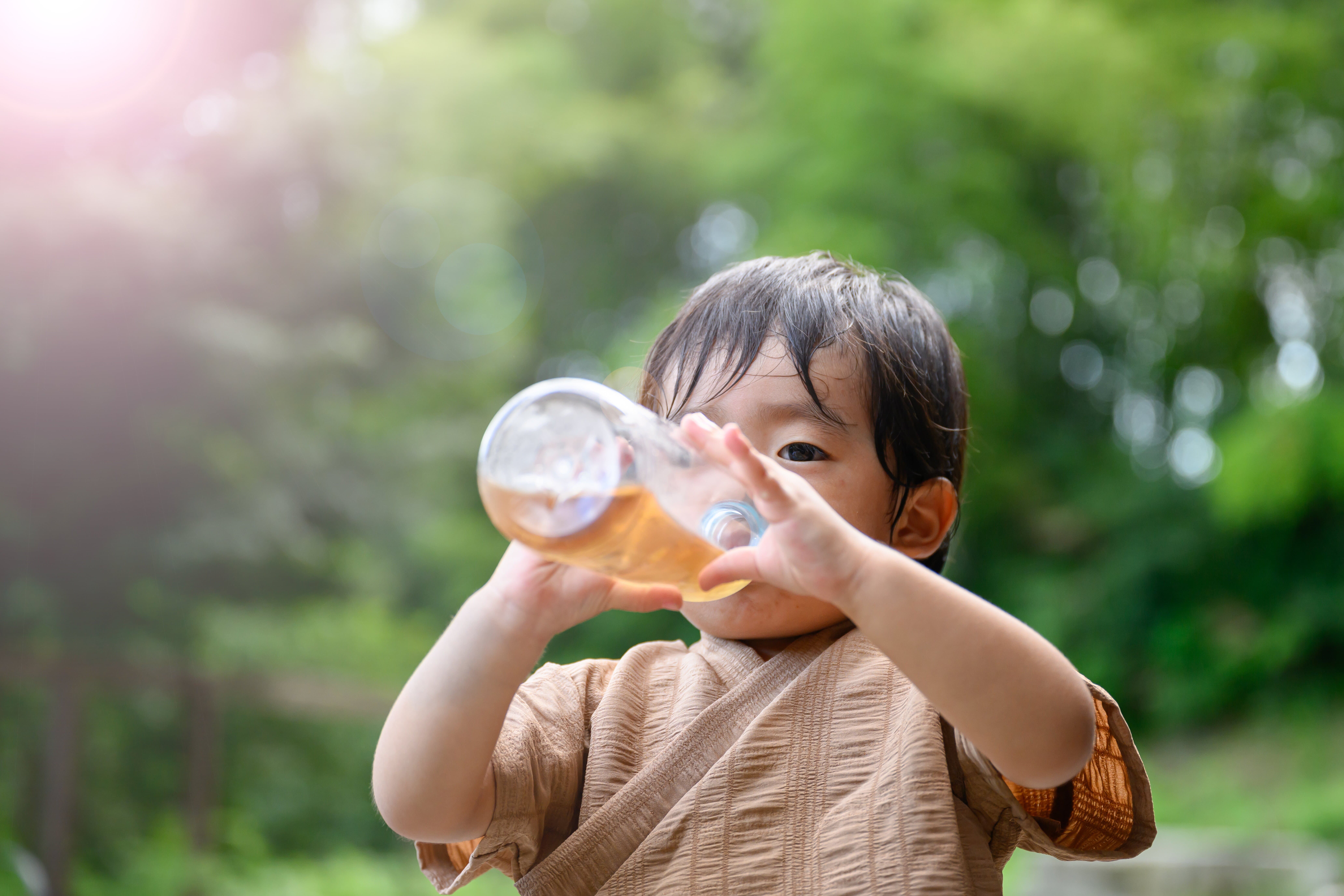 Myth: Only children and the elderly are at risk of heatstroke.
Myth: Only children and the elderly are at risk of heatstroke.
Fact: Heatstroke can affect anyone, not just children or the elderly. While these groups are more vulnerable, young adults, outdoor workers, and those with chronic illnesses or on medications are also at risk. Everyone needs to take precautions and avoid heatstroke.
By understanding these myths about heatstroke, you can take the right steps to stay safe during hot weather. Follow proper health guidelines: stay hydrated, rest in cool areas, and watch for signs of heatstroke. With the right precautions, you can protect yourself and others from the dangers of extreme heat.
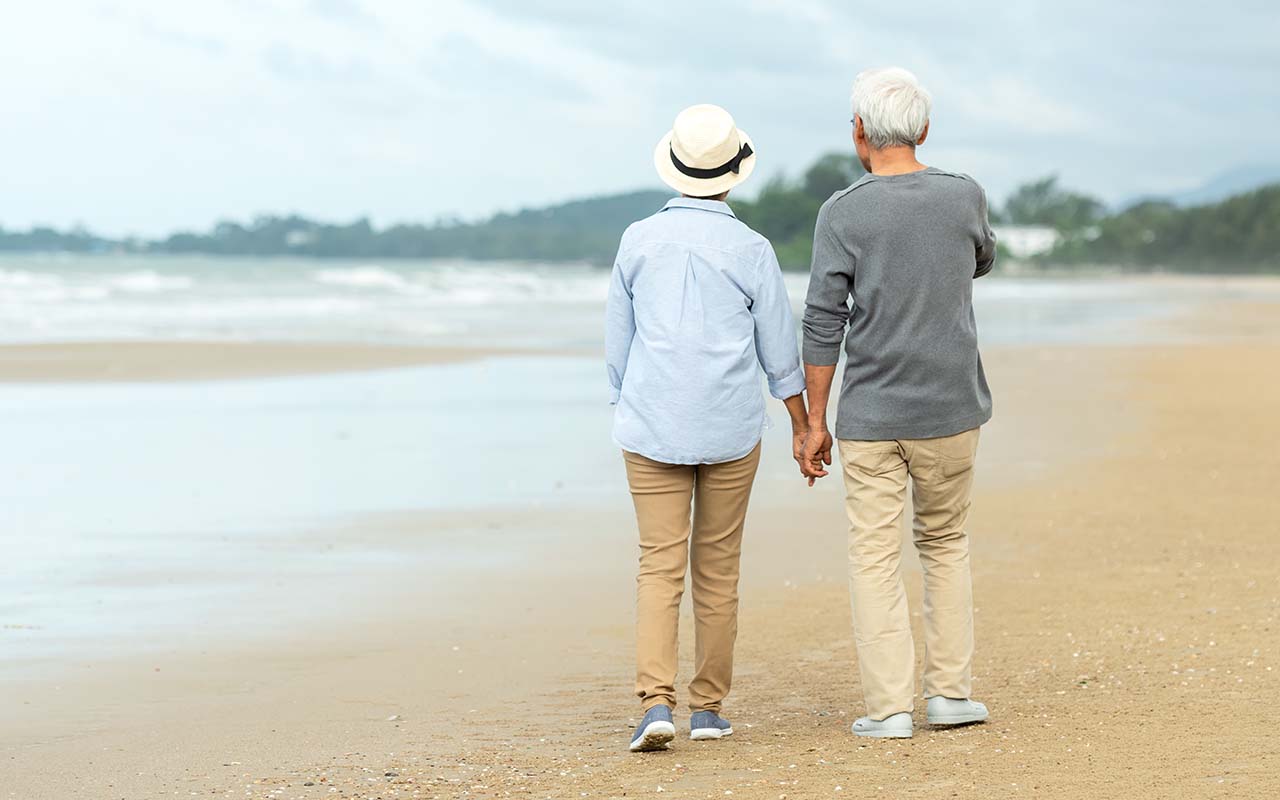
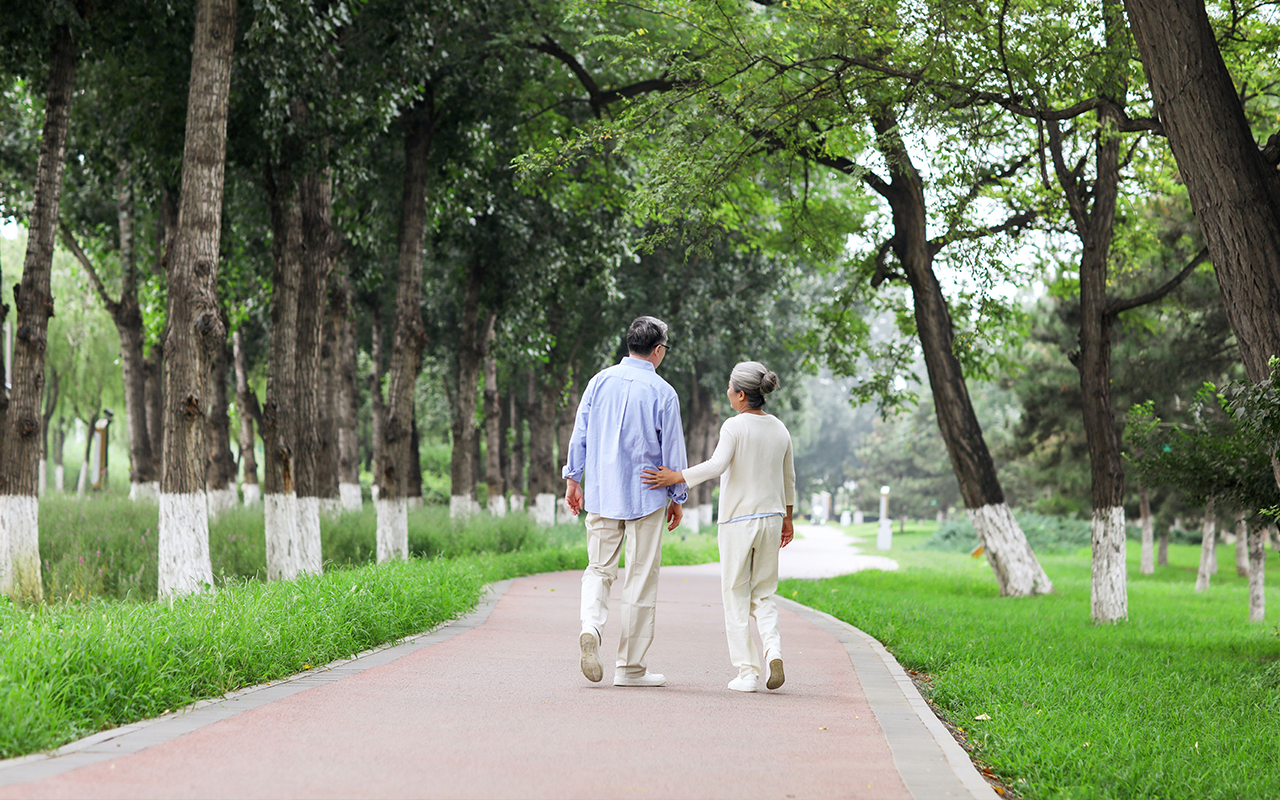
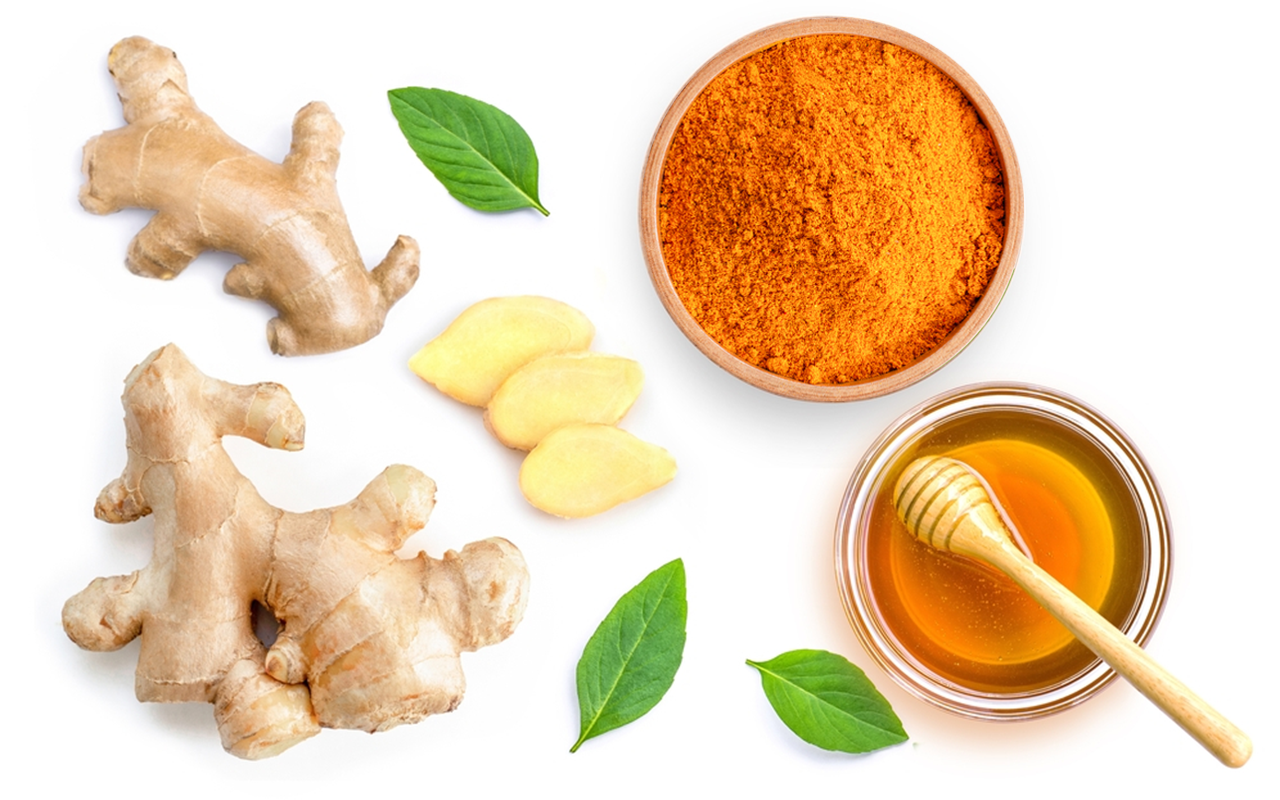
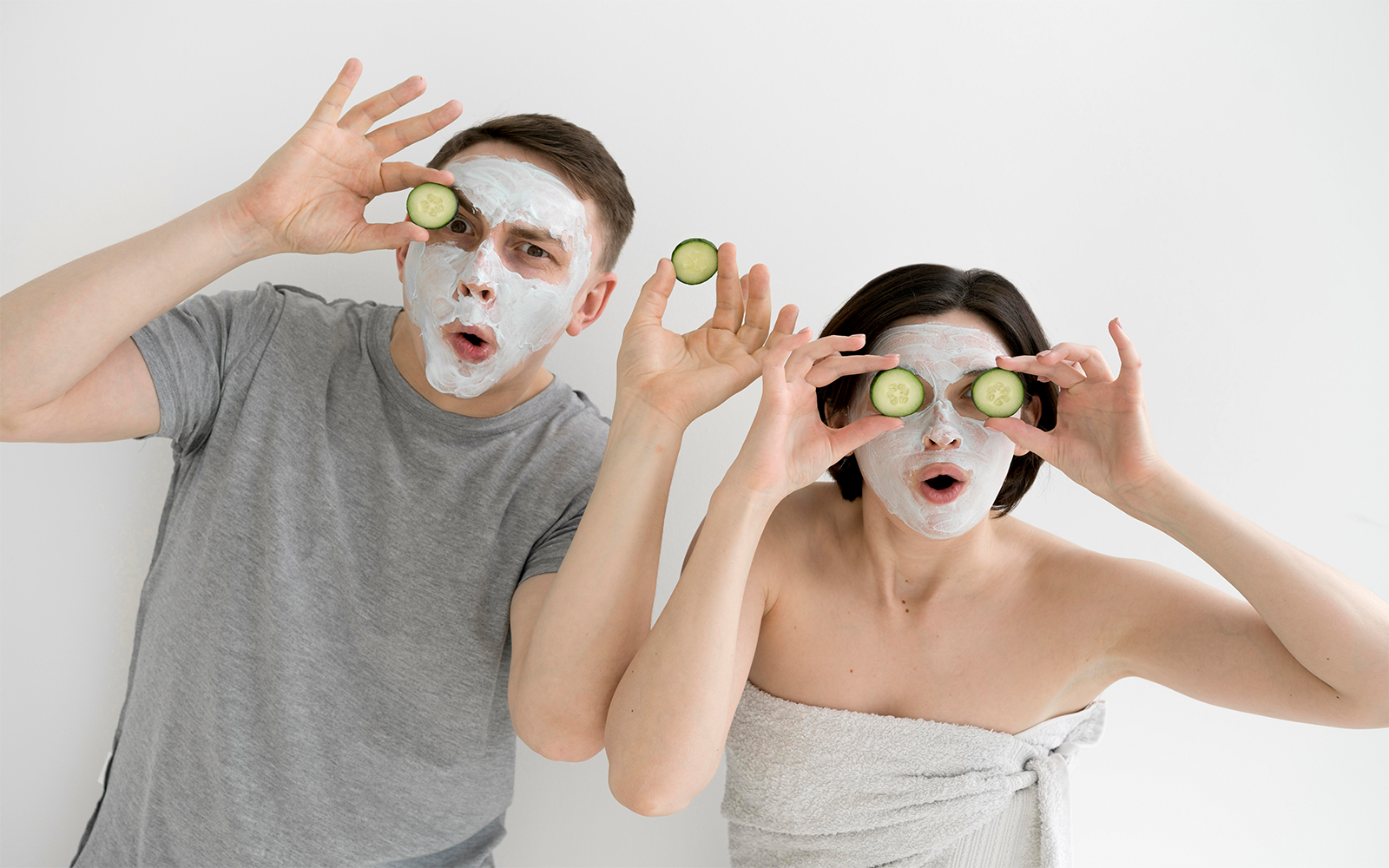
Comments